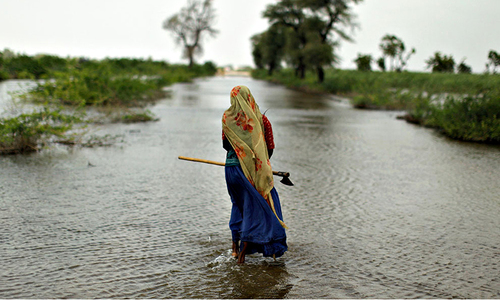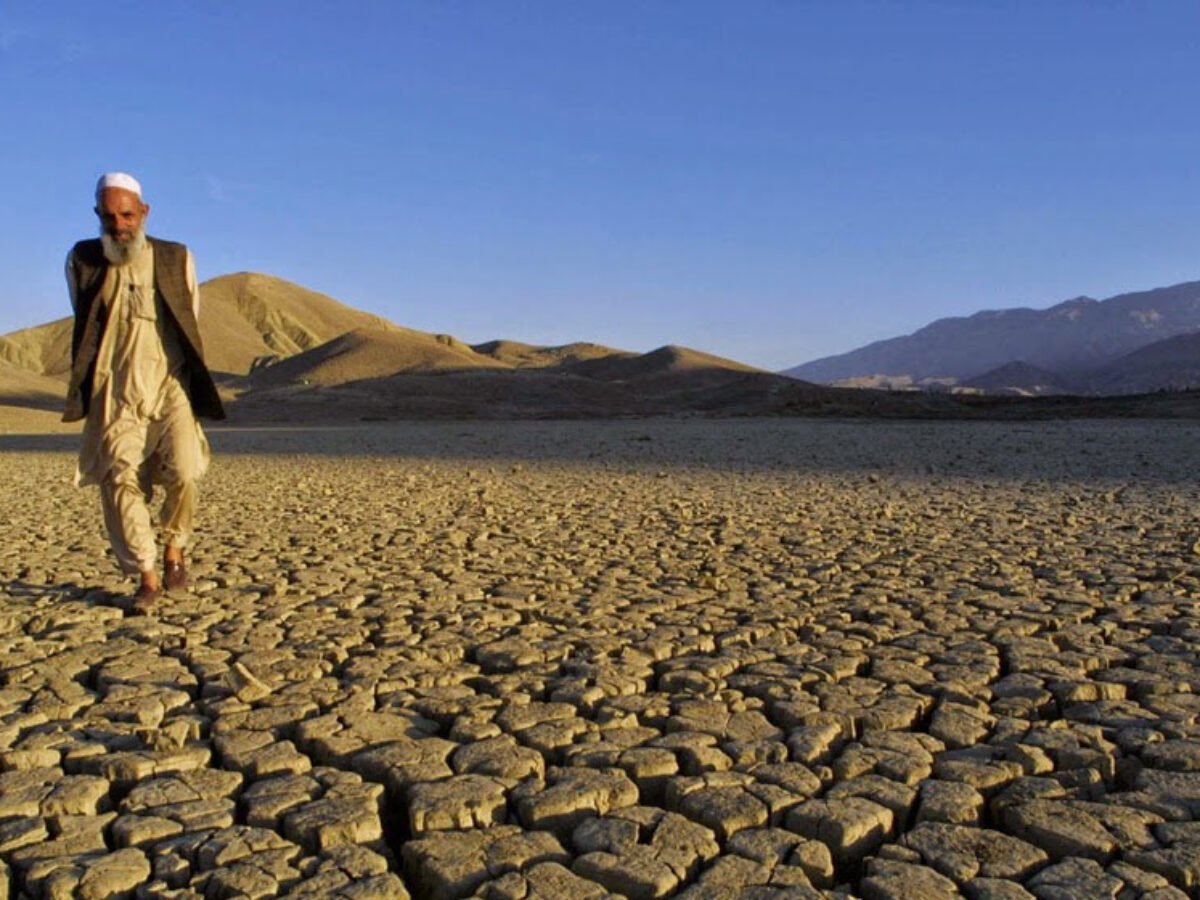Climate change is something which is inevitable now. Every year, we witness climate events which clearly shows that that climate change is here. The risk of droughts are no less, acid rains causing and water pollution causing oceans to get acidified and melting of the glaciers, this all resulting in the millions of climate refugees in the making.

Pakistan being one of the most vulnerable nations to climate change, made very minimal efforts to mainstream the narrative of climate change, with the nation’s economic and political turmoil primarily stealing the show since the country’s political and economic issues are much more dominant. Climate change is one nontraditional threat to security that cannot be neglected for longer. The lives of human beings and other living things is associated with climate change. The oxygen we breathe and the food we eat, is all effected by climate change. Small steps at the individual level do matter and makes a lot of difference. We mostly hear about the bottom-up approach when it comes to climate change but the top down approach can also be helpful to tackle this climate change.

To tackle the climate crisis, adopting progressive legislation and establishing a sound framework for even provincial ministerial portfolios, the role of federal ministries is crucial. Without meaningful structural changes, Pakistan cannot merely grow its way out of the climate challenge. Even the federal climate change ministry itself requires a significant revamp. While nations around the world are doubling, tripling, and even quadruplicating their resources for combating climate change, the government must be open in how it distributes its funds and avoid making programs political. Despite the government, NGO’s, and other social workers efforts of planting trees, there is much deforestation in Pakistan which needs to be decreased. By the end of this decade, the federal government must establish medium-term plans to phase out coal. Renewable energy helps the environment as well as our unstable economy by generating income. Pakistan must simultaneously develop the necessary infrastructure for a smoother switch to electric vehicles (EV). To ensure a strong response to climate change across the nation, the ministry must establish an interprovincial unit as well.

Research Associate, Pakistan House



